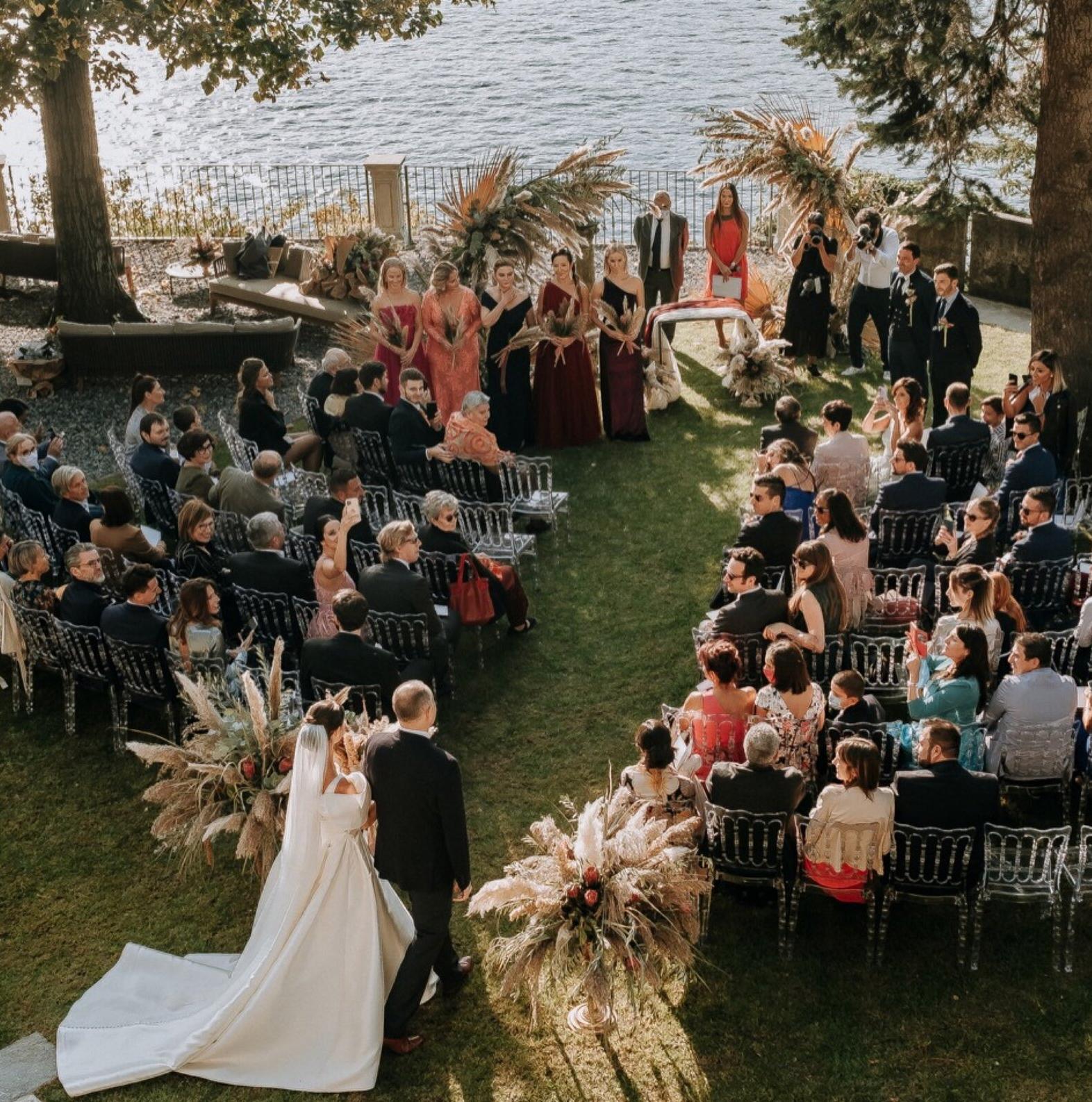Deepen Your Love with 36 Questions Proven to Build Intimacy
- Author: Natali Grace Levine
- Reading time: 7 min 19 sec
- Publication date: 11/15/2024
- Updated: 02/03/2026
Building a meaningful and lasting relationship requires more than just compatibility—it’s about developing a profound emotional connection that feels both vulnerable and secure. Dr. Arthur Aron’s renowned '36 Questions' gained attention worldwide because they offer a pathway to deepen intimacy, sparking conversations that go far beyond daily routines or surface-level small talk. While the questions themselves may seem simple, their impact lies in the science of vulnerability and emotional closeness.
Here’s a comprehensive guide on why Dr. Aron’s method works, expert insights on vulnerability in relationships, and practical tips for integrating these questions into your relationship.

The Science of Connection: Why Do Deep Questions Matter?


Dr. Arthur Aron, a social psychologist, was curious about what makes people feel close to one another. His famous '36 Questions' were born from his research into building emotional intimacy, which he and his team conducted in the 1990s. He found that sharing personal thoughts, beliefs, and dreams—especially in a reciprocal manner—helps people feel closer and builds trust. This is largely due to the role of self-disclosure in relationships. Studies show that when we share personal details and are met with empathy and understanding, it strengthens our bond.
When two people participate in a structured conversation that requires them to be vulnerable, they not only learn more about each other but also grow more attached. This is because these questions encourage mutual vulnerability, which fosters trust and a sense of being truly "seen."
Example: Think about the last time you shared something deeply personal with someone, and they responded with compassion or a similar experience. That moment probably left you feeling closer to them, as if you could trust them more. That’s the power of vulnerability.
The 36 Questions: An Invitation to Vulnerability


The '36 Questions' are grouped into three sets, with each set gradually delving deeper into personal topics. The sequence allows for an easing into vulnerability, which can be intimidating. Here’s why vulnerability is essential: it’s the foundation of trust. When we let our guard down and allow someone to see parts of us we usually keep hidden, we create a safe space for them to do the same. This mutual disclosure helps bridge the gap between “knowing about” someone and truly “knowing” them.
Set One
- Given the choice of anyone in the world, whom would you want as a dinner guest?
- Would you like to be famous? In what way?
- Before making a telephone call, do you ever rehearse what you are going to say? Why?
- What would constitute a "perfect" day for you?
- When did you last sing to yourself? To someone else?
- If you were able to live to the age of 90 and retain either the mind or body of a 30-year-old for the last 60 years of your life, which would you want?
- Do you have a secret hunch about how you will die?
- Name three things you and your partner appear to have in common.
- For what in your life do you feel most grateful?
- If you could change anything about the way you were raised, what would it be?
- Take four minutes and tell your partner your life story in as much detail as possible.
- If you could wake up tomorrow having gained any one quality or ability, what would it be?
Set Two
- If a crystal ball could tell you the truth about yourself, your life, the future, or anything else, what would you want to know?
- Is there something that you’ve dreamed of doing for a long time? Why haven’t you done it?
- What is the greatest accomplishment of your life?
- What do you value most in a friendship?
- What is your most treasured memory?
- What is your most terrible memory?
- If you knew that in one year you would die suddenly, would you change anything about the way you are now living? Why?
- What does friendship mean to you?
- What roles do love and affection play in your life?
- Alternate sharing something you consider a positive characteristic of your partner. Share a total of five items.
- How close and warm is your family? Do you feel your childhood was happier than most other people’s?
- How do you feel about your relationship with your mother?
Set Three
- Make three true "we" statements each. For instance, "We are both in this room feeling..."
- Complete this sentence: "I wish I had someone with whom I could share..."
- If you were going to become a close friend with your partner, please share what would be important for him or her to know.
- Tell your partner what you like about them; be very honest this time, saying things that you might not say to someone you’ve just met.
- Share with your partner an embarrassing moment in your life.
- When did you last cry in front of another person? By yourself?
- Tell your partner something that you like about them already.
- What, if anything, is too serious to be joked about?
- If you were to die this evening with no opportunity to communicate with anyone, what would you most regret not having told someone? Why haven’t you told them yet?
- Your house, containing everything you own, catches fire. After saving your loved ones and pets, you have time to safely make a final dash to save any one item. What would it be? Why?
- Of all the people in your family, whose death would you find most disturbing? Why?
- Share a personal problem and ask your partner’s advice on how he or she might handle it. Also, ask your partner to reflect back to you on how you seem to be feeling about the problem you have chosen.
Expert Insights: Why Vulnerability Builds Lasting Love
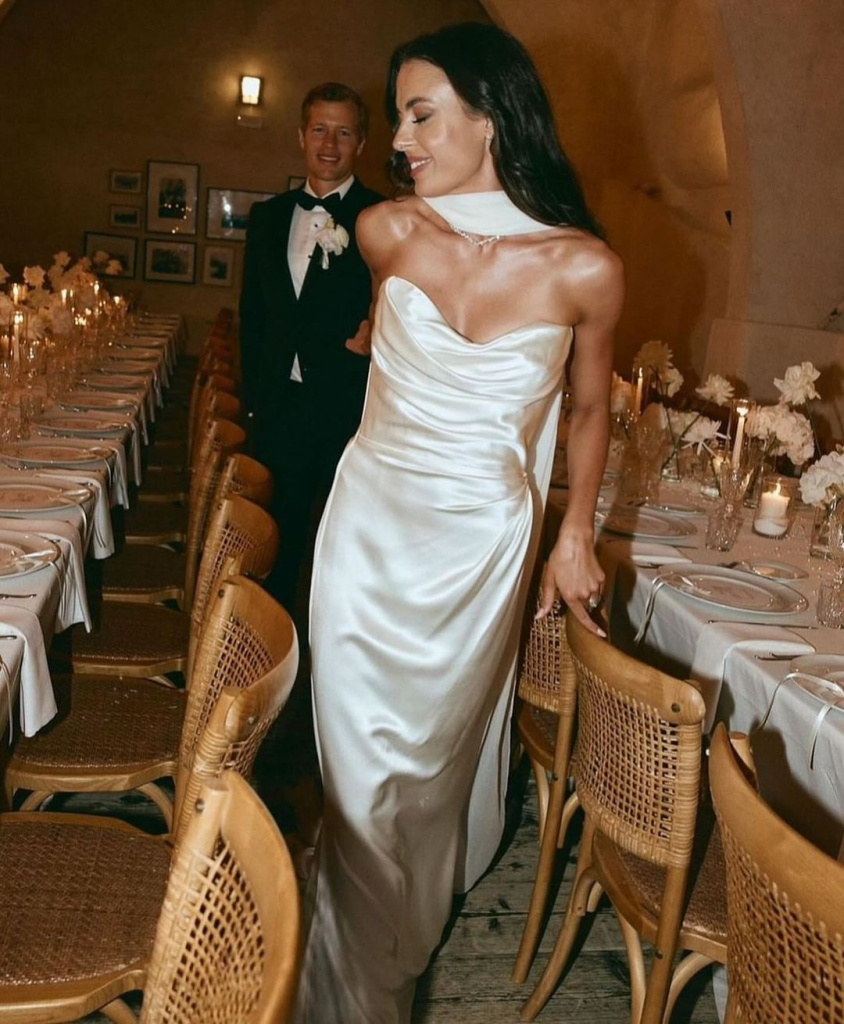

Dr. Brené Brown, a research professor and author known for her work on vulnerability, highlights that vulnerability is the birthplace of love, joy, and belonging. She emphasizes that allowing ourselves to be truly seen—without the fear of judgment—gives us the courage to form connections that are both deep and authentic.
When couples take the risk of being open with each other, they’re not just exchanging facts but are sharing parts of themselves that are typically hidden from the world. According to Dr. Brown, vulnerability is a way to access the most profound form of love because it shows a willingness to be imperfect and embrace each other’s imperfections.
Practical Example: After a few rounds of the 36 Questions, you might find yourselves laughing about something lighthearted or comforting each other over a shared fear. These conversations have a natural way of bringing out the softer, more tender sides of ourselves that are often buried under the stresses of daily life.

How to Use the 36 Questions in Your Relationship: A Step-by-Step Guide
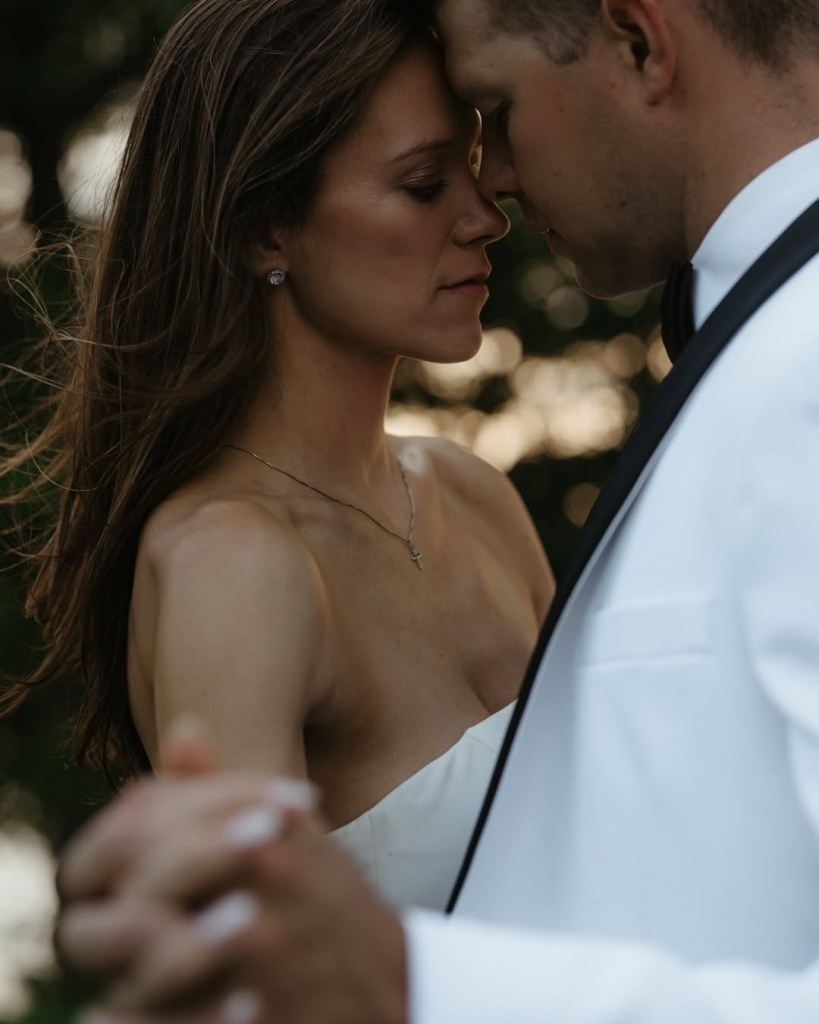
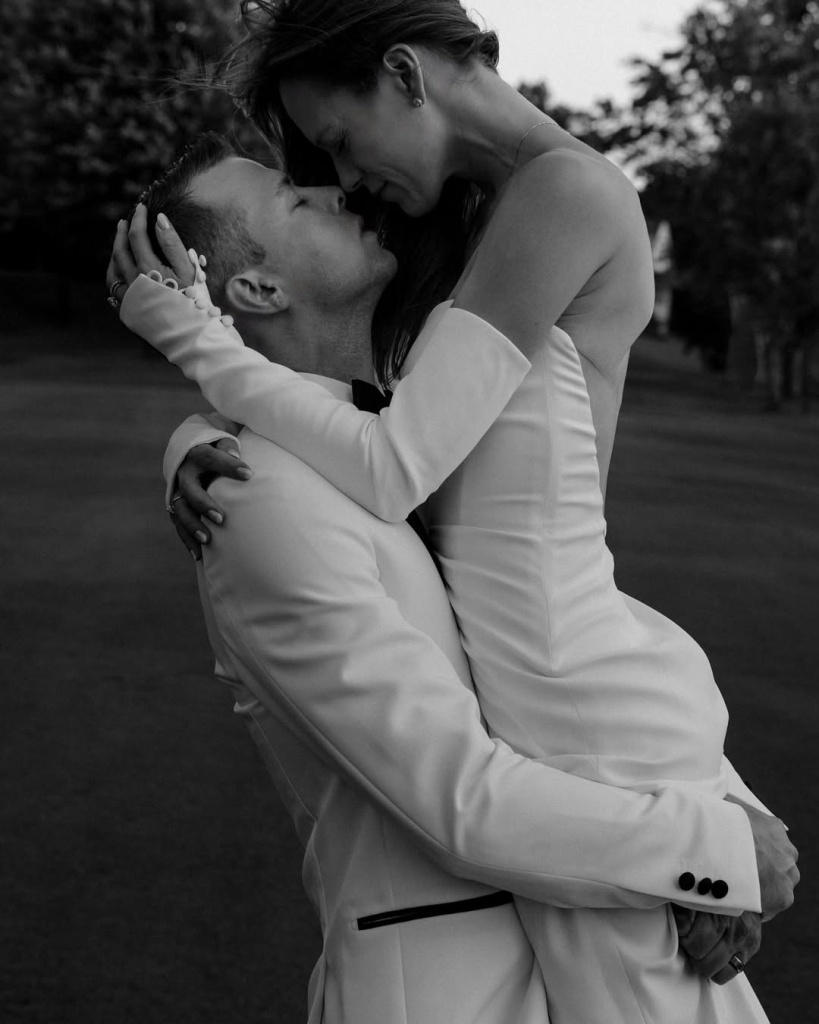
The 36 Questions are an excellent way to deepen your relationship and create a space where both partners can feel safe being themselves.
Set the Scene for Intimacy
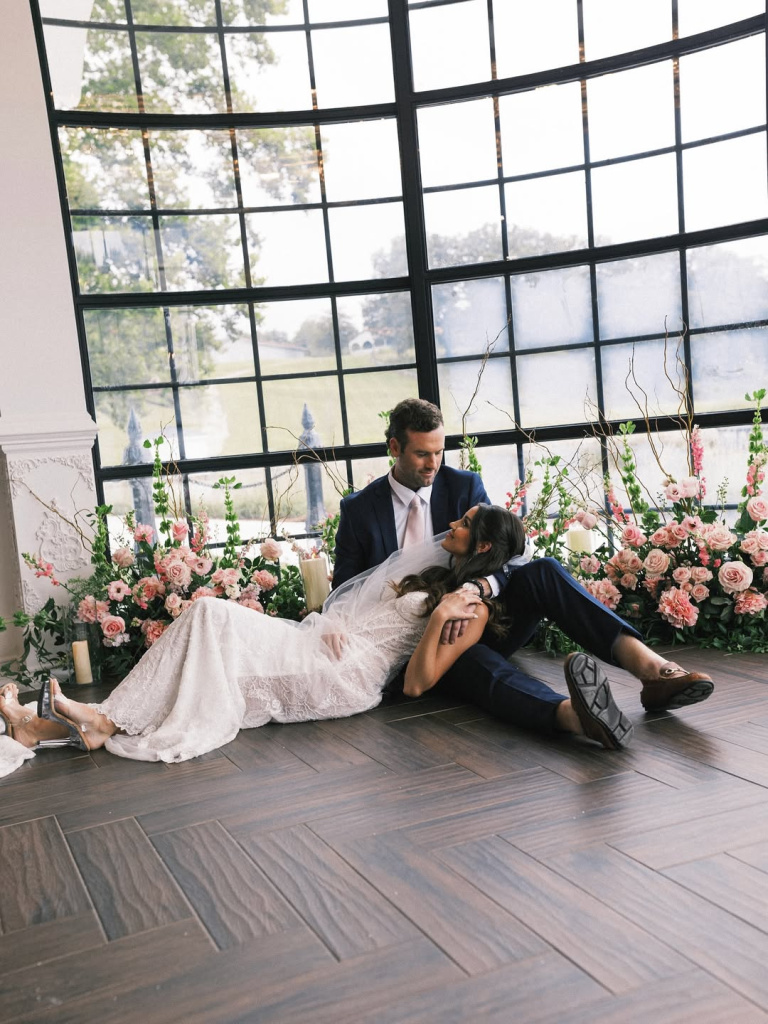
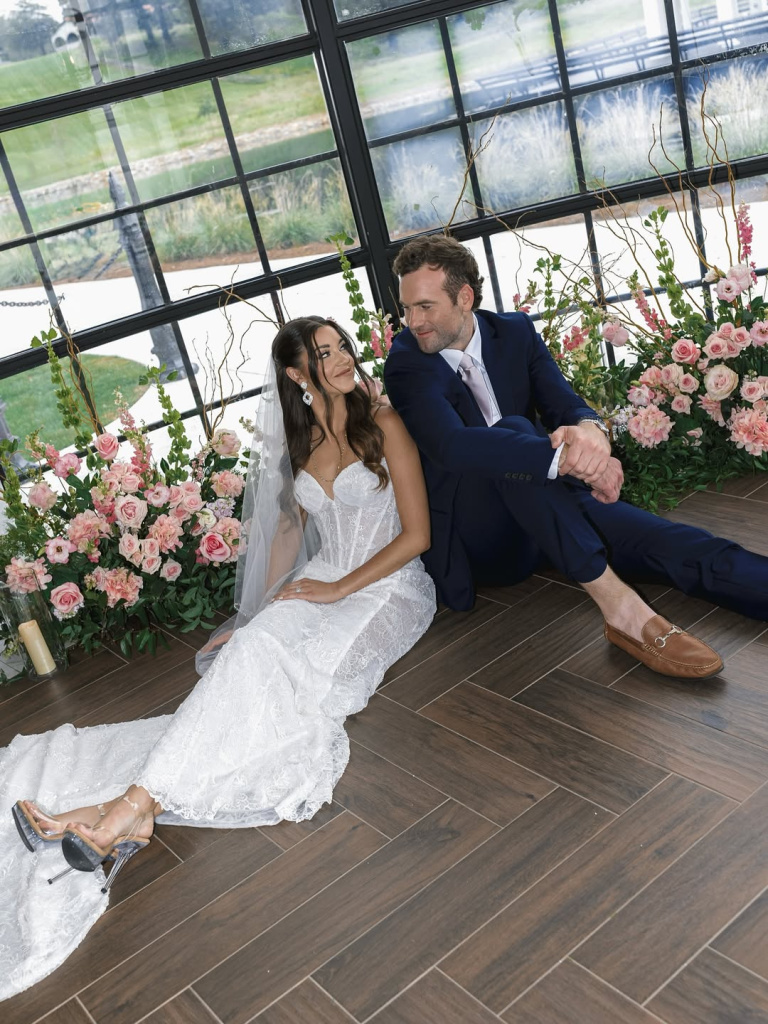
Start by selecting a comfortable, private space where you both feel relaxed and free from distractions. Consider creating a cozy environment—dim lighting, soft music, or even a warm beverage can add to the experience. The goal is to make the conversation feel intentional and special, so choose a time when neither of you are in a rush, perhaps on a relaxed weekend evening or during a quiet part of the day.
Tip: Being in a space where you both feel comfortable can ease any tension, especially as the questions get deeper. This physical comfort can enhance your emotional openness.
Take Turns and Embrace Active Listening
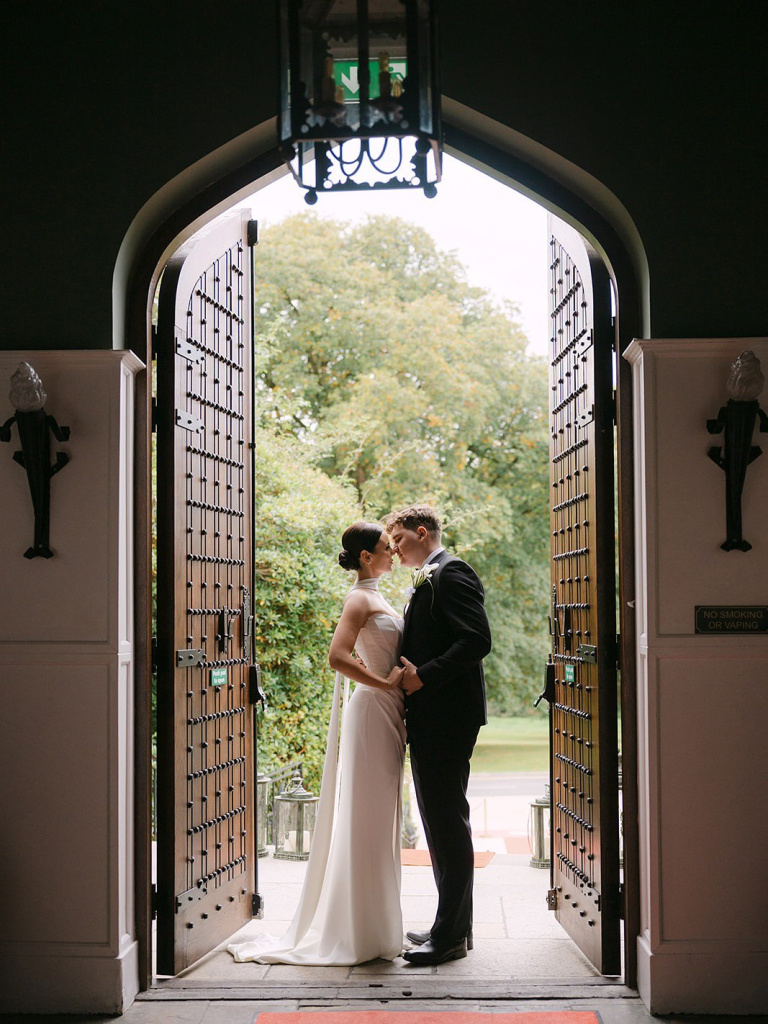
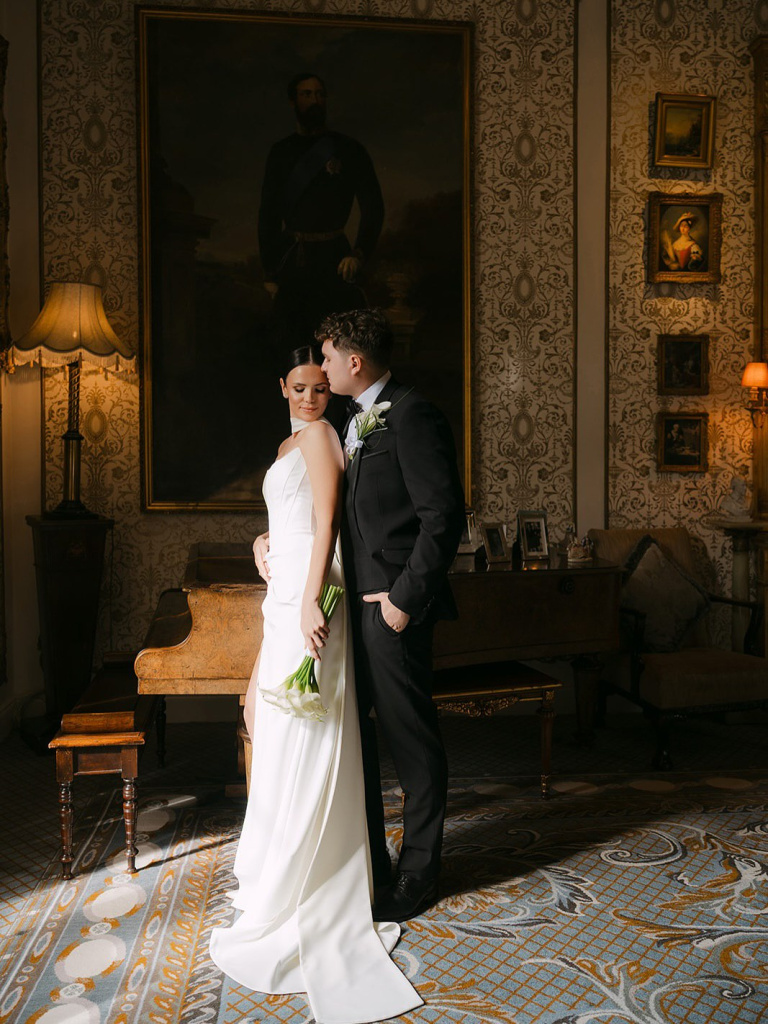
Each person should take turns asking and answering questions, giving both partners equal space to share and reflect. As you listen to your partner’s answers, try to engage in active listening—making eye contact, nodding, and showing genuine interest in their responses without interrupting. If something resonates with you, take a moment to express it rather than jumping straight to the next question. This not only builds intimacy but also shows respect for your partner’s vulnerability.
Tip: Avoid distractions during this time. Put away your phones or any devices that could pull you away from the conversation. This is an opportunity to be fully present with each other.
Respond Honestly and Without Reservation
The magic of these questions comes from their ability to bring out honesty and openness. As you answer, try to be as truthful and authentic as you can. If a question feels challenging or outside your comfort zone, it’s okay to acknowledge that. The beauty of this exercise is that it’s not about “right” answers; it’s about sharing who you are, even the parts that feel imperfect. In fact, discussing any reservations or difficult emotions can be another opportunity for vulnerability, strengthening the connection between you.
Practical Tip: If a question feels especially vulnerable, say something like, “This is a bit hard to share, but I’m going to try.” Sharing your hesitation can also show your partner you trust them with your honesty.


Pause and Reflect Between Questions
Don’t rush through the questions; instead, take a moment after each answer to process and discuss. You don’t have to move on to the next question immediately. Let each question serve as a conversation starter, and feel free to expand upon your responses. If a particular answer sparks a memory or thought, take time to explore it together. This can make the experience feel less like a “Q&A session” and more like a deep, flowing conversation.
Example: If a question about childhood dreams leads you into a story about a treasured memory, don’t hesitate to share it. These conversations can open new doors of understanding between you.
Discuss What You’ve Learned Together
After you’ve completed the questions, take some time to reflect as a couple. Talk about any surprises or memorable moments during the conversation. Discuss what you learned about each other and how it made you feel. Were there parts of each other’s stories that resonated with you? Did you uncover a shared dream or fear? This final reflection helps solidify the emotional closeness you’ve built and reinforces the sense of trust.
Relatable Reflection: Some couples find that the questions uncover things they never knew about each other, even after years of being together. You might discover dreams or hidden fears that can deepen your empathy for one another.

Create a Ritual to Keep Intimacy Alive
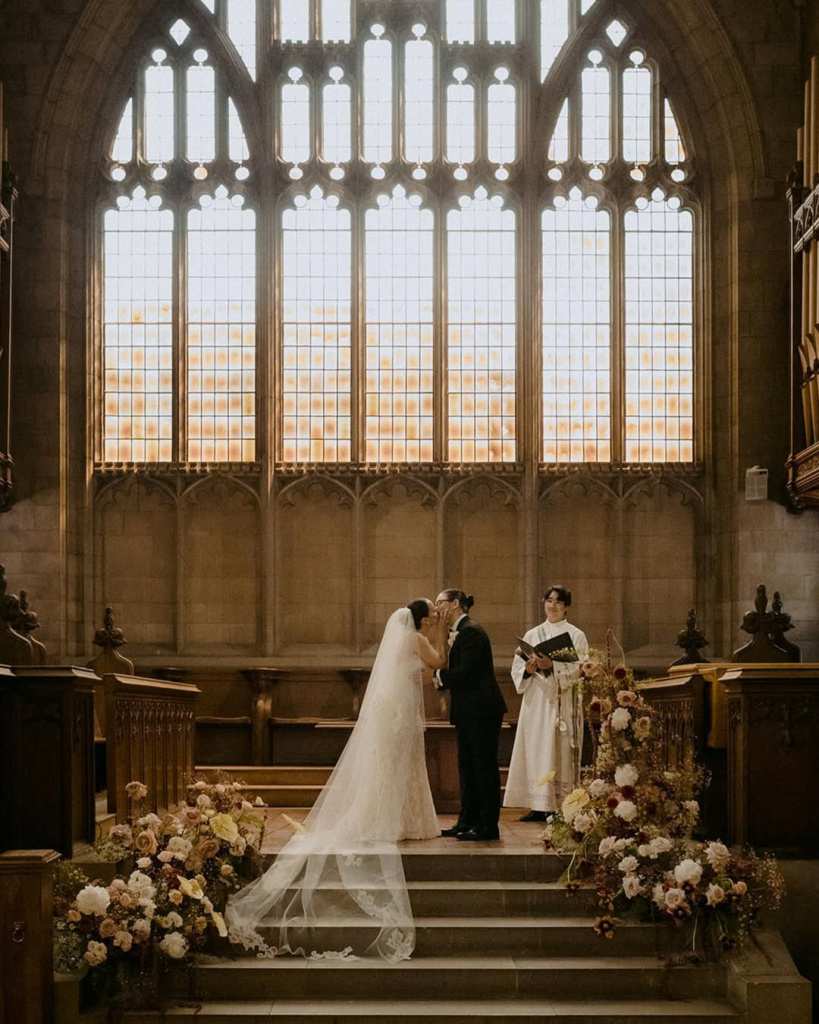
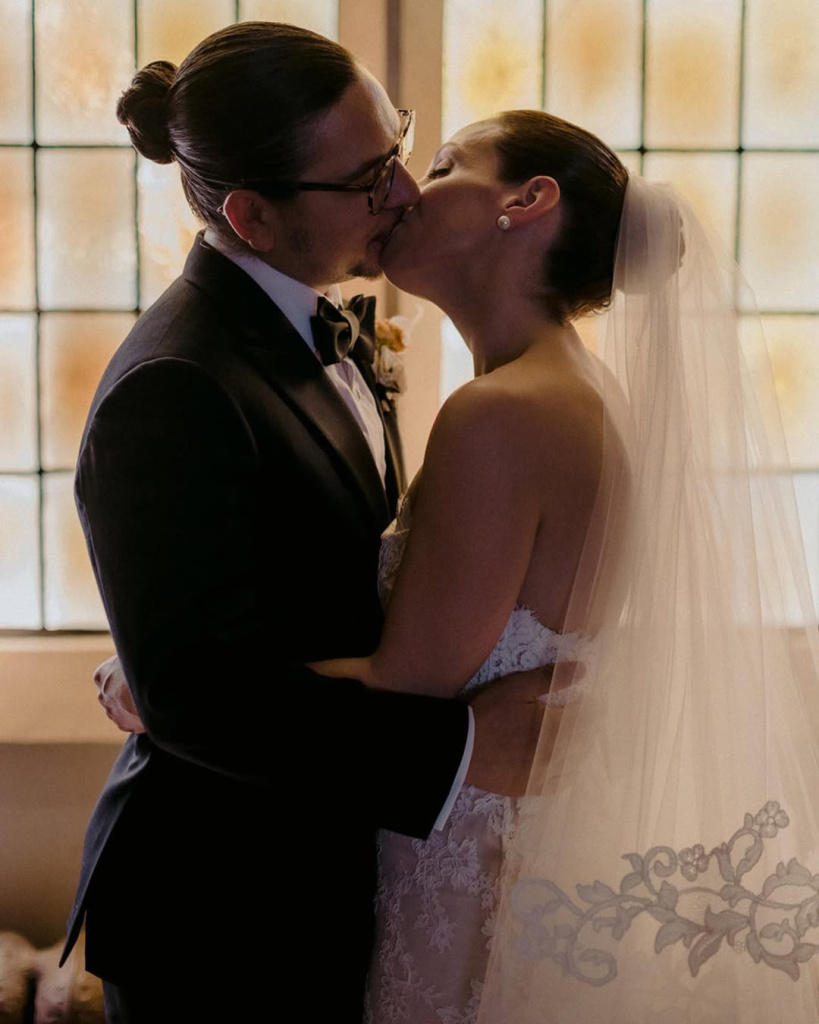
Completing the 36 Questions doesn’t have to be a one-time experience. You can make a habit of engaging in meaningful conversations regularly to keep the intimacy alive. Consider creating a “Question Jar” where you can both write down questions or prompts that come to mind, inspired by the 36 Questions. Pull one out each week and use it as a starting point for a new conversation. Regularly revisiting these moments of connection will help reinforce the bond you’ve built through this exercise.
Long-term Tip: Set aside one night a month as an “unplugged” date night. Revisit a question from the list or pull from your Question Jar, creating an ongoing tradition of intimacy and curiosity.













